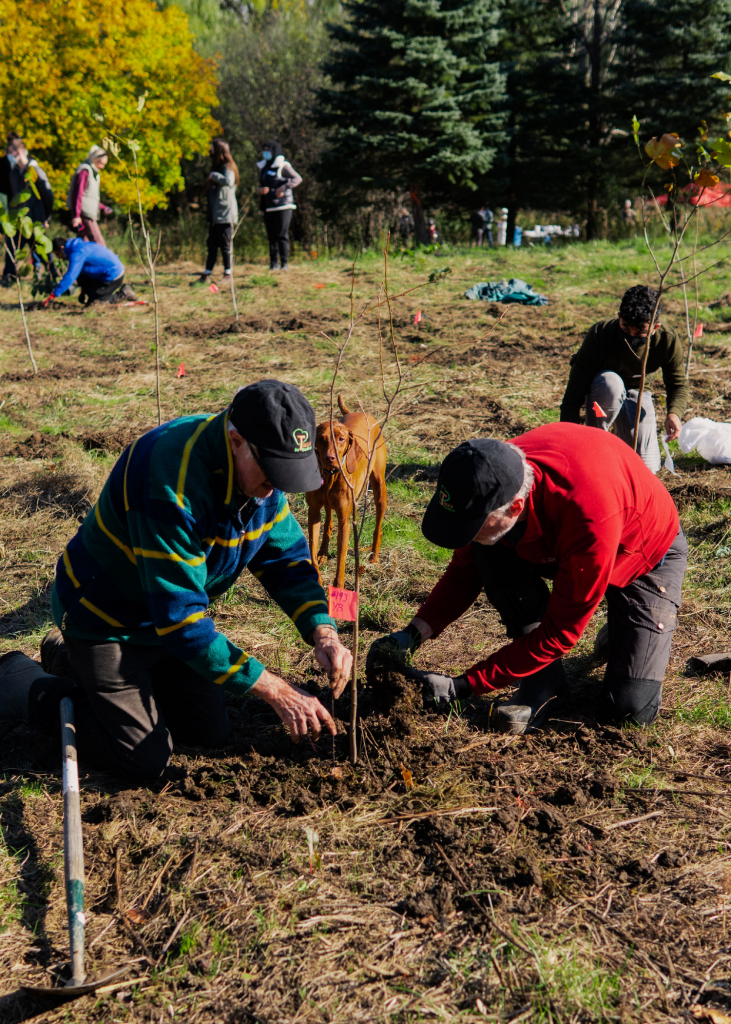Self-Sustaining Campus and Sites
Volunteers at the Earth Day tree planting event at McMaster’s Carbon Sink Forest in 2022.
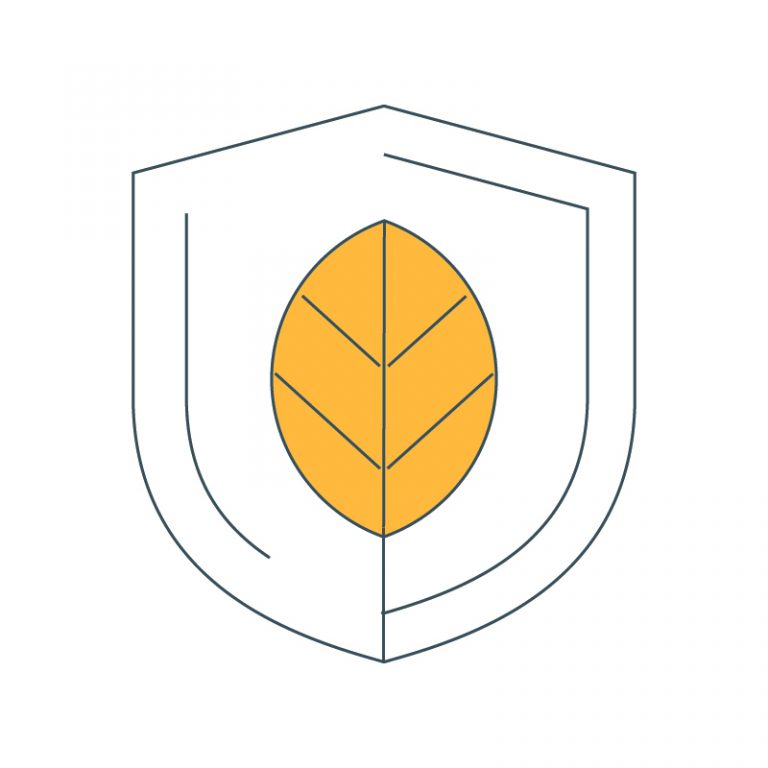
Planetary health and the community’s well-being are interconnected. In this strategic driver, McMaster is creating a self-sustaining campus and locations by focusing on promoting active transportation, protecting biodiverse ecosystems and developing self-sustaining food systems on campus that help alleviate food insecurity. Read on to learn what we accomplished together this year.
- McMaster Active and Alternative Transportation
- Eco Parks and Greenspace
- Health and Well-being
Information Box Group
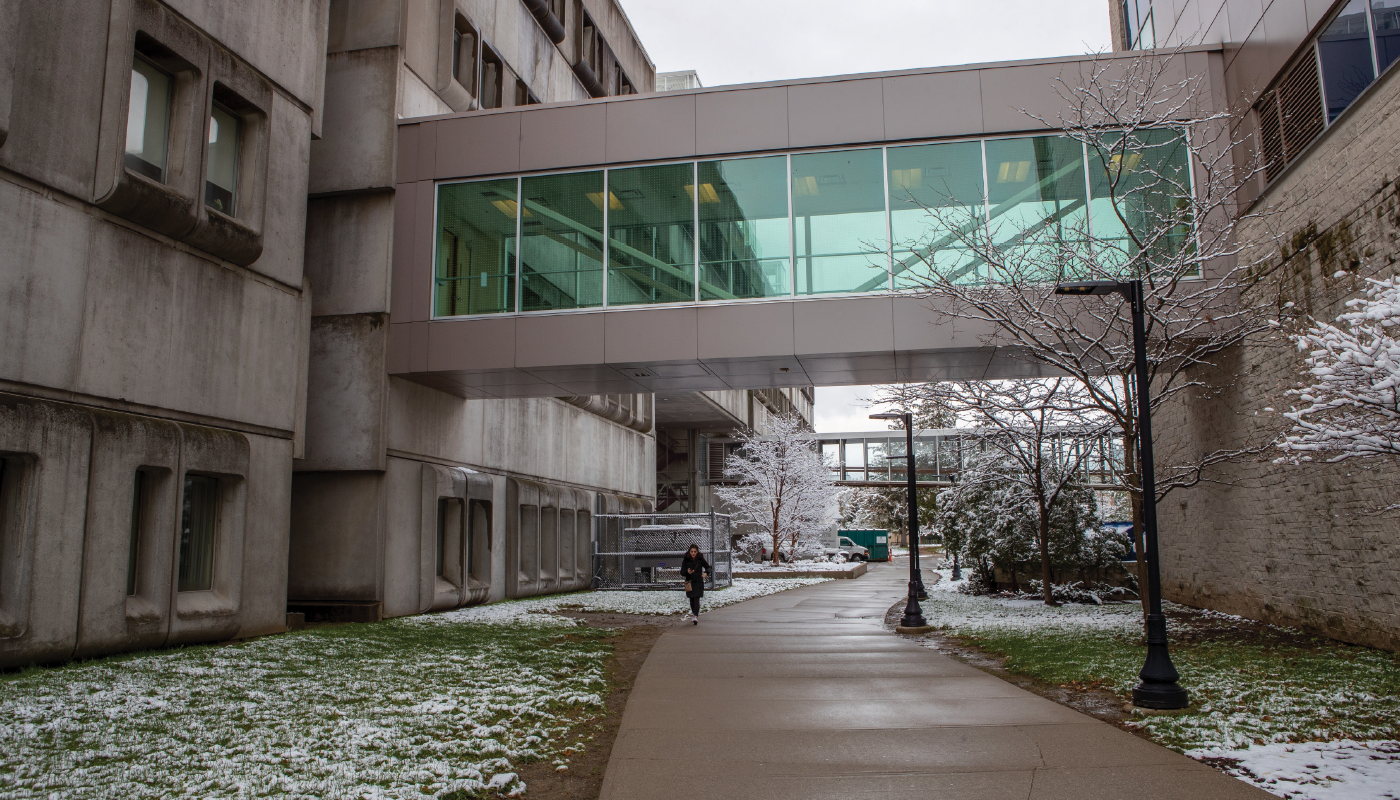
The bridge between the McMaster Children’s Hospital and the Michael DeGroote Centre for Learning and Discovery.
Eco Parks and Greenspace: Protecting birds with high-tech windows
Migratory patterns can lead birds to fly through McMaster’s central campus during their migration seasons. To prevent these birds from hitting glass windows, researchers have been auditing and tracking campus areas where there is a higher chance of bird contact. This annual tracking has led to the placement of decals on both bridges between Michael DeGroote Centre for Learning (MDCL) and the McMaster Children’s Hospital, as well as on the Cootes Paradise-facing side of Les Prince residence in partnership with Facility Services. The team, led by biology professor Jim Quinn hopes to place more of these decals across campus, such as on bridges between other buildings. They also hope to encourage the use of bird-friendly glass in new buildings.
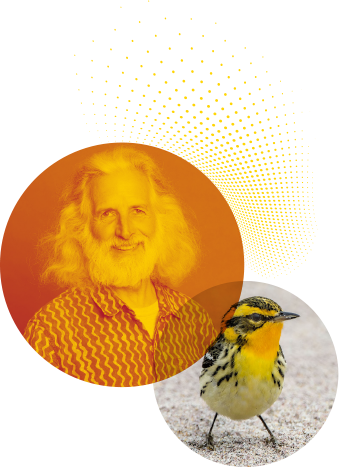
Information Box Group
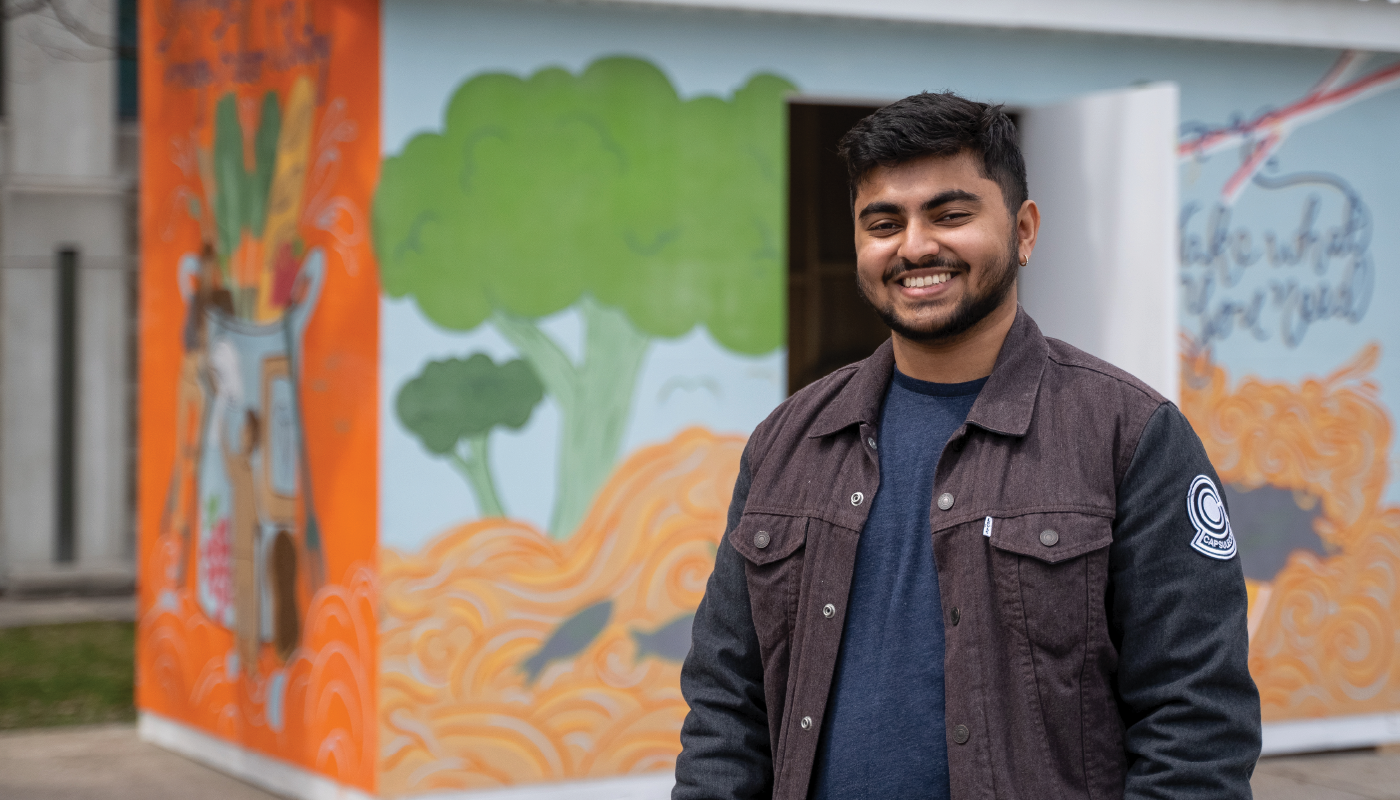
Sufal Deb, an undergraduate student, was a part of the team that started the McMaster Community Fridge, a student-led initiative on campus offering access to food on campus.
Health and Well-being:
Community fridge on campus
As McMaster builds on its commitment to self-sustaining food systems on campus and supporting societal wellbeing, more must be done to connect optimal human health and access to nutritious food. Students from the Academic Sustainability Program collaborated with the McMaster Student Wellness Centre, MSU Food Collective Centre and other administrative services to install and operate a community fridge on campus. The fridge opened in the spring of 2022 and offers access to nutritious and free produce, packaged meals and other food staples. The fridge, is open 24/7 for anyone to access.
Active and Sustainable Transportation: Hamilton Bike Share and bike storage improvements
McMaster is proud to host Hamilton Bike Share racks on campus, offering an active mode of transportation 24 hours a day, 365 days of the year. Hamilton Bike Share Inc., the local not-for-profit organization that operates the local bike share system is partnering with the City of Hamilton to add 35 new bike racks on campus this coming year offering more students, faculty, and staff a sustainable ride. In addition, the Sustainable Mobility team at the City of Hamilton have obtained federal grant funding for improvements to bike storage facilities on campus and is currently working with McMaster’s Multi-Modal Transportation for Healthy Communities Committee to identify opportunities.
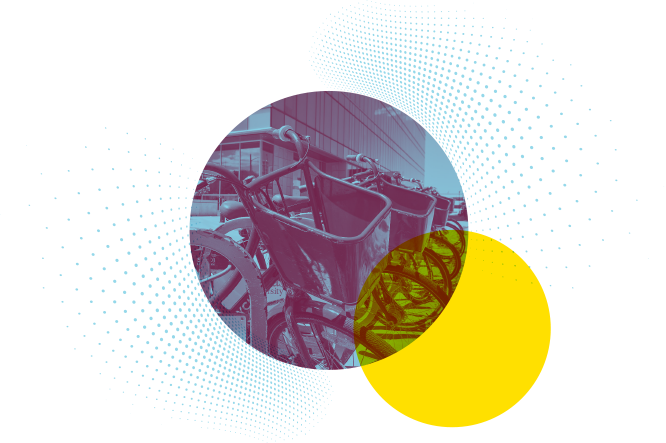
![]()
Spotlight:
A Living Laboratory at the McMaster Carbon Sink Forest
McMaster University’s Centre for Climate Change is researching how forests effectively combat climate change by sequestering carbon on a hectare of land that will be donated to the university in west Hamilton. By planting native, resilient species of trees, the Centre, along with Nature at McMaster and a local non-profit Trees for Hamilton, is creating a forest that stores more carbon than it releases, called a carbon sink forest. The forest will create important opportunities for research and education.
Altaf Arain, director of McMaster’s Centre for Climate Change, shared how he thought the forest will create opportunities for research and education in a feature story developed by the Faculty of Science.
“There are huge research questions we can answer with this forest,” Arain said. “The number one question we want to ask is how quickly will it be a net carbon sink? What’s the survival rate and the growth rate of the trees? Down the road, biologists can look at the impact of biodiversity. It will be like a learning lab for students.”
In addition to benefitting the environment, evidence shows that trees have a positive impact on human health and healing. In the future, McMaster’s Centre for Climate Change hopes the McMaster carbon sink forest will be a place for public education and support the well-being of the people who visit.
“There’s actually been studies that show planting trees decreases the risk of cardiovascular death in the areas that have more trees, improved immune function, and all of the mental health stuff I think people are aware of now. Stress, anxiety, anger, violence, mood all benefit from having trees,” said Myles Sergeant, a physician, McMaster instructor, and the president of Trees for Hamilton in the same story.
Want to learn more about the benefits of forest immersion or the research on carbon sequestration at McMaster? With science communication as a strategic priority, McMaster University’s Faculty of Science created a series of long-form science reads, including one on the McMaster Carbon Sink Forest, that can be enjoyed online.
